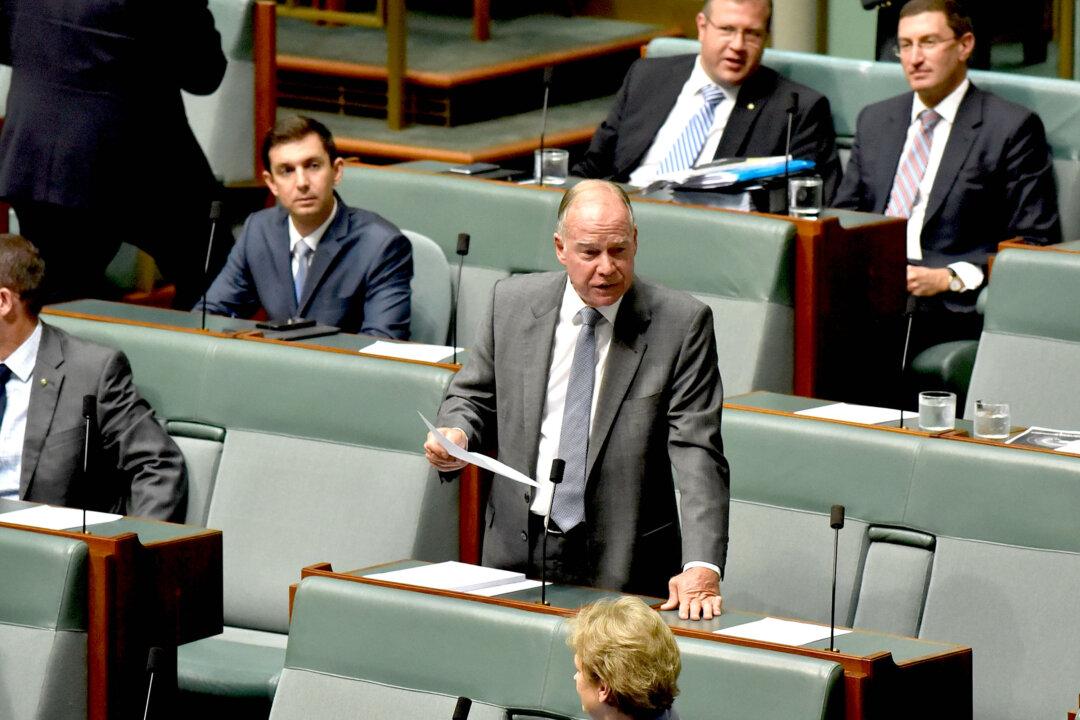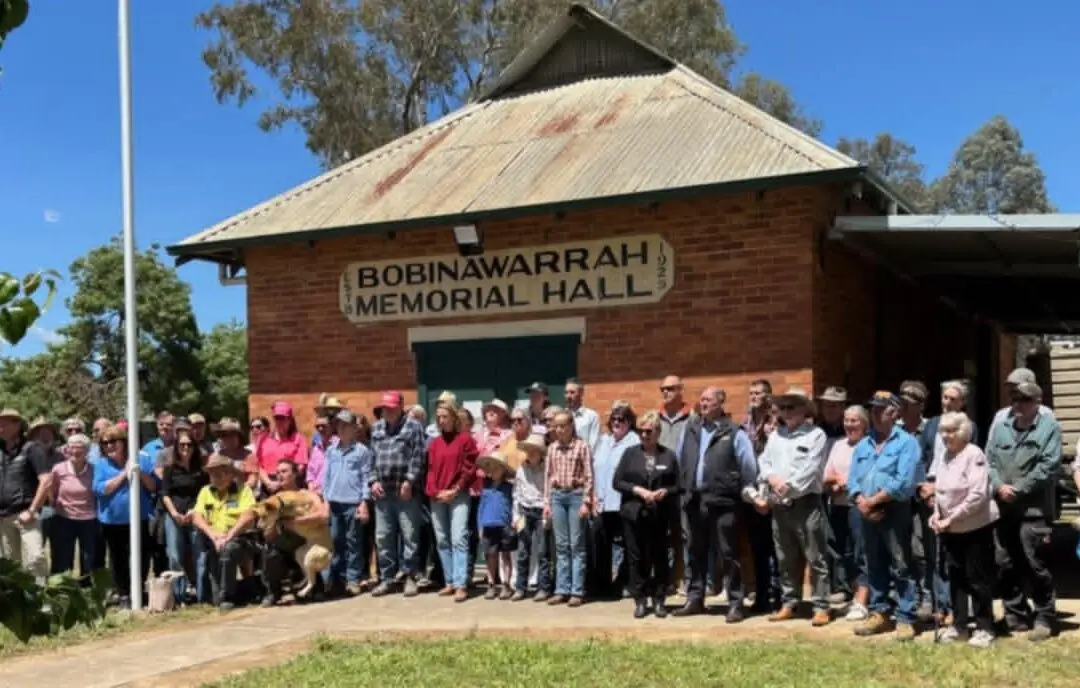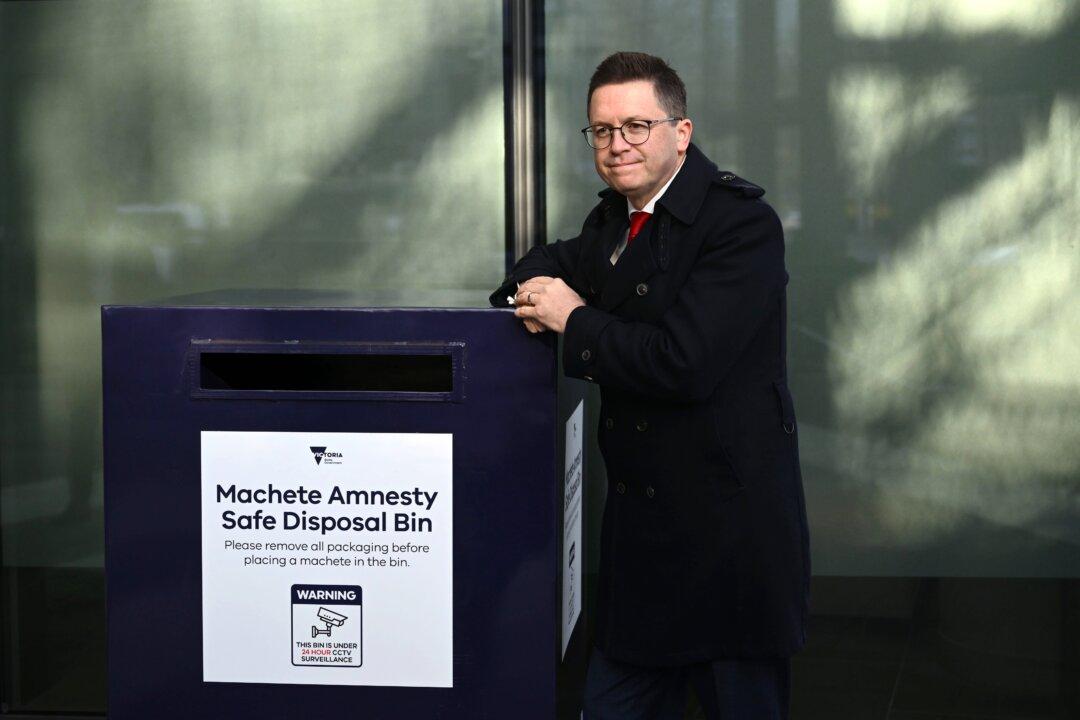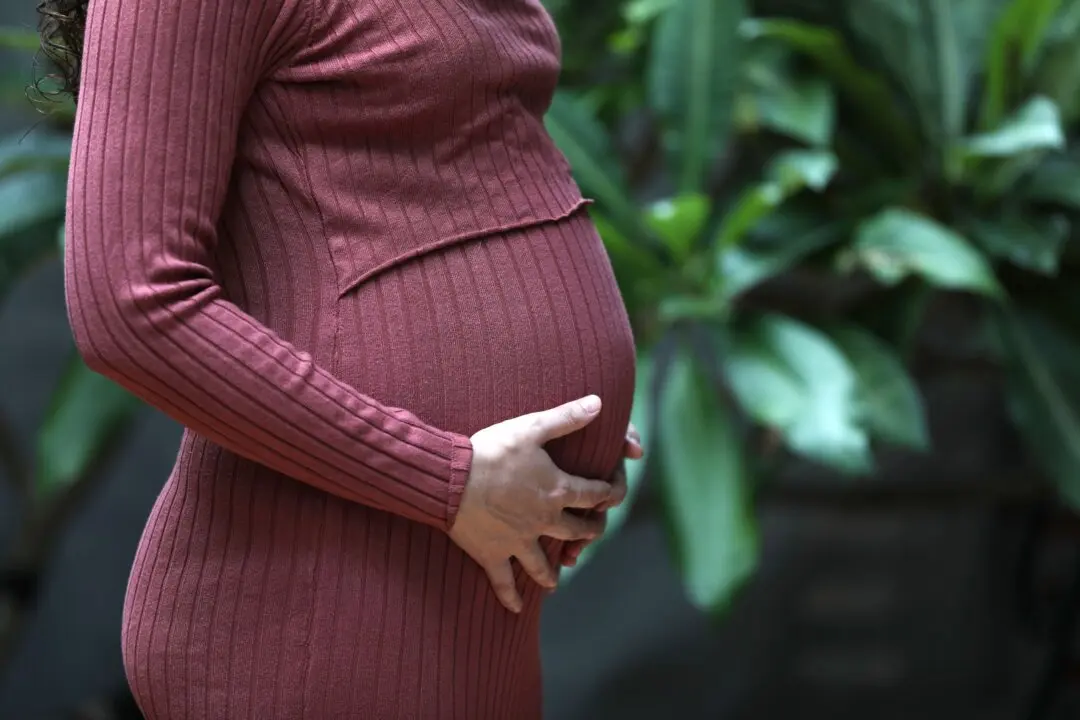Former Liberal MP-turned-independent, Russell Broadbent, says he does not regret breaking away from the Liberal Party, despite not retaining his seat of Monash, which covers eastern Victoria.
New Liberal Party candidate Mary Aldred looks set to have secured the Lower House seat by the weekend, picking up 28,138 votes to the next-nearest Labor Party candidate Tully Fletcher, who had 17,809 votes.





